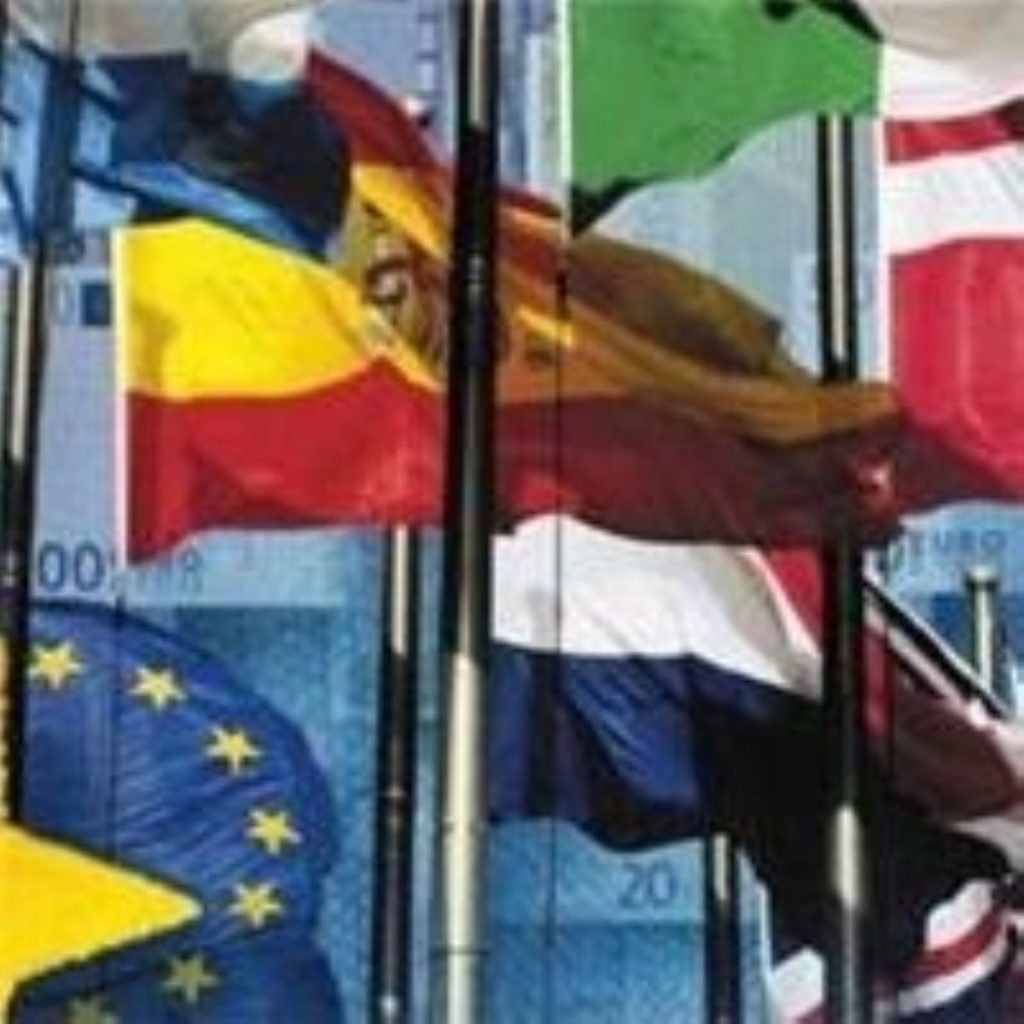Lisbon treaty decision delayed until October
European Union leaders will defer a final decision on the stalled Lisbon treaty until October, a memorandum due later today is expected to confirm.
Prime minister Gordon Brown and foreign secretary David Miliband are in Brussels attending the EU council meeting, which comes in the wake of Ireland’s ‘no’ vote in its referendum last week.
The joint statement is expected to delay further progress until October. The Reuters news agency quoted it as saying agreement was reached that “more time was needed to analyse the situation”.
It stopped short of pressing the seven remaining countries to ratify the Lisbon treaty, however, after encountering opposition from the Czech Republic.


Its government is struggling to convince parliamentarians that the treaty would be good for the country. Prime minister Mirek Topolanek has even been quoted saying he would not bet a crown (£3) on the treaty’s prospects if it went to a vote in parliament now.
Instead the watered-down statement, according to Reuters, will say: “The European Council noted that 19 member states have ratified the treaty and that the ratification process continues in other countries.”
The 19th country was Britain, which saw the treaty pass into law in the EU (Amendments) Act on Wednesday.
“By taking a clear British position on the Treaty we can play a full part in discussions on the way forward for Europe and promote our national interest,” Europe minister Jim Murphy said.
Many analysts fear a return to the institutional ‘navel-gazing’ which critics say blighted European policy development in other areas since the EU constitution was rejected by French and Dutch voters in 2005.
France’s president Nicolas Sarkozy has even warned it will be difficult for further enlargement of the EU without the Lisbon treaty coming into effect.
Mr Miliband insists there will be no return on the part of the EU to discussing the shape of the Lisbon treaty, however.
Speaking on BBC Radio 4’s PM programme yesterday, he said: “The good news is that no one in Europe is saying they want another three or five year bout of institutional wrangling.
“I think the truth is that for too much of the last five years the European Union has been defined by institutional wrangling. The voters have given a very clear hand signal as to what they think of that focus.
“What they want to see us embrace is the new agenda which is around the threats to our security and our prosperity which come whether from climate change or illegal immigration or energy security issues. There is a new agenda for Europe which is about big policy issues.”












